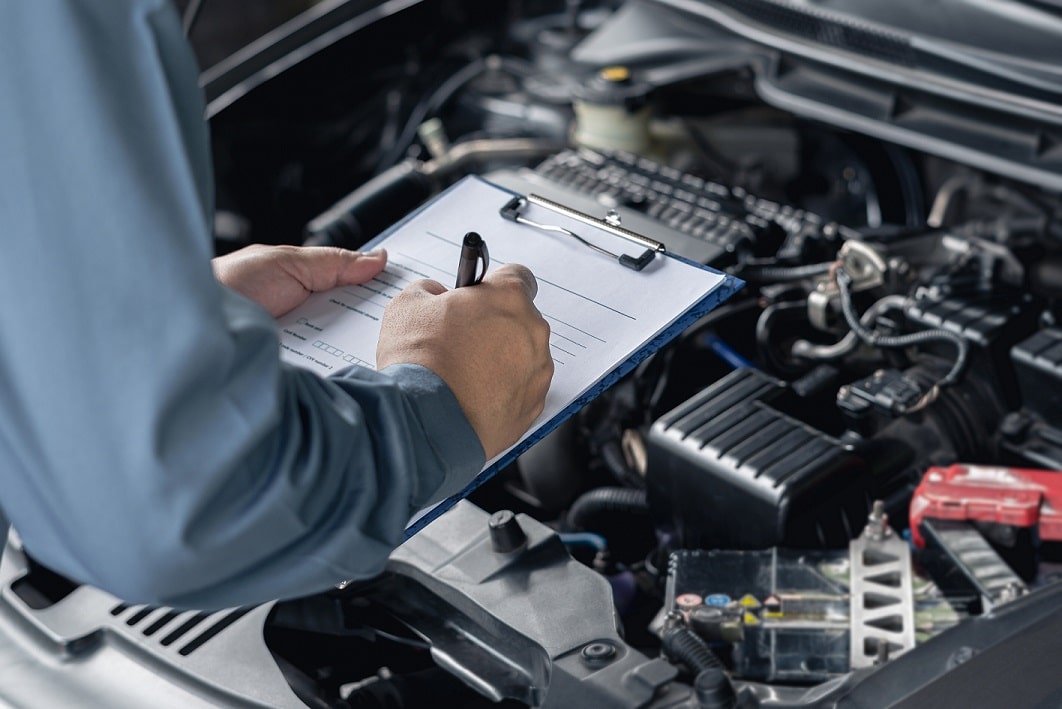All Categories
Featured
When your automobile experiences a major break down, the expense of repairs can be an overwhelming financial consideration. Whether it's the failing of an important system like the engine or transmission, or the requirement for substantial fixings to numerous components, comprehending the aspects that influence repair work costs can aid you make even more informed choices. Below, we outline the vital aspects that add to the price of significant cars and truck repair work.
![]()
![]()
![]()
Verdict. A number of elements affect the expense of significant vehicle repair work, consisting of the kind of fixing, the make and model of your vehicle, the high quality of the components utilized, labor fees, and the degree of the damages. Comprehending these factors can assist you make even more enlightened choices and prepare for the financial ramifications of auto fixings. To minimize the probability of expensive repair services, normal upkeep is vital. By remaining on top of routine upkeep and attending to small concerns before they intensify, you can lower the opportunities of facing costly repair services in the future.

- Sort of Fixing. The key factor influencing the cost of automobile repair services is the kind of concern your lorry is experiencing. Some repairs are a lot more straightforward and economical, such as changing a battery or generator. Other repair services, like repairing a malfunctioning transmission or attending to a severe engine issue, can be much extra expensive due to the complexity and specialized labor called for. Particular systems in a car, like the engine or transmission, call for more time to detect and fix, which directly equates right into greater labor costs. Additionally, some problems, such as electric problems or cooling breakdowns, could entail fixing that boosts the total expense.
- Automobile Make and Model. The make and version of your lorry plays a major duty in figuring out repair service costs. Deluxe cars and trucks and high-performance automobiles like BMWs, Audis, or Mercedes-Benz tend to have higher fixing prices as a result of their specialized components, advanced technology, and the competence needed for their fixing. The availability of parts can also enhance the cost; components for international or uncommon versions are frequently a lot more costly to source than those for domestic cars like Ford or Chevrolet. In addition, some vehicles, specifically those with unique or innovative systems, might require specific technicians or devices, including to the total repair work expense.
[1].jpg)
- Parts Top Quality and Accessibility. The top quality of the components used in the repair service substantially affects the cost. Because they are developed particularly for your automobile and are guaranteed to satisfy manufacturing facility requirements, original Equipment Producer (OEM) components are usually extra expensive than aftermarket components. While OEM components make certain top quality and resilience, they often feature a higher cost. Additionally, aftermarket parts may be more economical however can vary in high quality. Sometimes, less costly aftermarket parts could decrease the overall repair expense, however they might not offer the same durability as OEM parts, which could cause added repair services down the roadway. The accessibility of parts, particularly for older or unusual cars, can likewise affect the cost. If parts are challenging to find, it may take longer to finish the repair, causing higher labor prices.
- Labor Expenses. When it comes to vehicle fixings, labor is one of the largest costs. Mechanics generally charge by the hour, and fixing times can differ depending upon the complexity of the concern. Some repairs, such as engine overhauls or transmission solutions, might call for several hours or also days of labor, significantly boosting the overall cost. Labor rates likewise depend upon the area of the service center-- mechanics in high-demand places or metropolitan locations might charge greater rates due to the expense of living and expenses. Additionally, specialized repairs for complicated systems might call for even more experienced technicians, whose per hour prices often tend to be greater.
- Extent of the Damages. The degree of the damage is another important factor affecting repair prices. If the damages is restricted to one part of the automobile, such as a busted alternator or damaged brake pads, the repair will generally be cheaper. Nonetheless, if the trouble is a lot more severe and influences numerous systems, such as a transmission failing that additionally damages other components, the expense will rise. Comprehensive damages might additionally need the substitute of a number of components, which boosts both the cost of parts and labor.
- Automobile Age and Problem. The age and total condition of your vehicle play a significant function in the cost of fixings. Properly maintained automobiles tend to have reduced repair service expenses due to the fact that their systems are in far better functioning problem, requiring fewer and less costly fixings.
- Shop Place and Credibility. The repair work shop you choose can also affect the expense of your repair work. Furthermore, repair service stores that specialize in particular brands or types of repair services might bill more for their experience.

- Service Warranty and Insurance Protection. If your auto is still under service warranty, major repair work may be covered, which can substantially decrease your out-of-pocket expenditures. Some prolonged guarantees or solution contracts may additionally supply insurance coverage for sure kinds of fixings, like engine or transmission failing. In addition, if the damage is triggered by a mishap or exterior variable, your auto insurance may cover the repair work costs, much less any insurance deductible. Always consult your service warranty service provider or insurance provider to see if the issue is covered, as this might save you a substantial quantity of cash.
Verdict. A number of elements affect the expense of significant vehicle repair work, consisting of the kind of fixing, the make and model of your vehicle, the high quality of the components utilized, labor fees, and the degree of the damages. Comprehending these factors can assist you make even more enlightened choices and prepare for the financial ramifications of auto fixings. To minimize the probability of expensive repair services, normal upkeep is vital. By remaining on top of routine upkeep and attending to small concerns before they intensify, you can lower the opportunities of facing costly repair services in the future.
Latest Posts
Discover Relaxation at the Claridge Indoor Swimming Pool
Published Feb 05, 25
1 min read
Just How Can Clients Personalize Furniture to Suit Their Home Decor?
Published Jan 20, 25
0 min read
How Can Consumers Customize Furniture to Match Their Home Decoration?
Published Jan 17, 25
0 min read